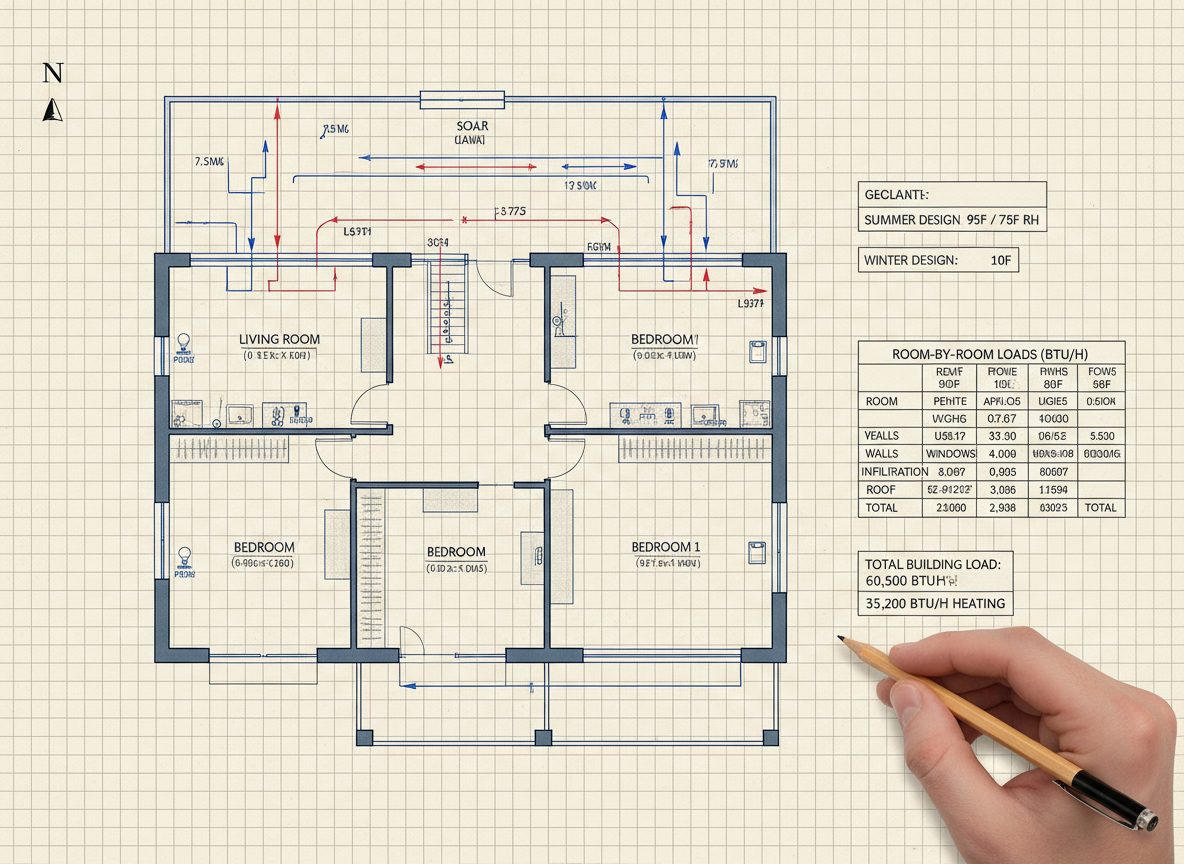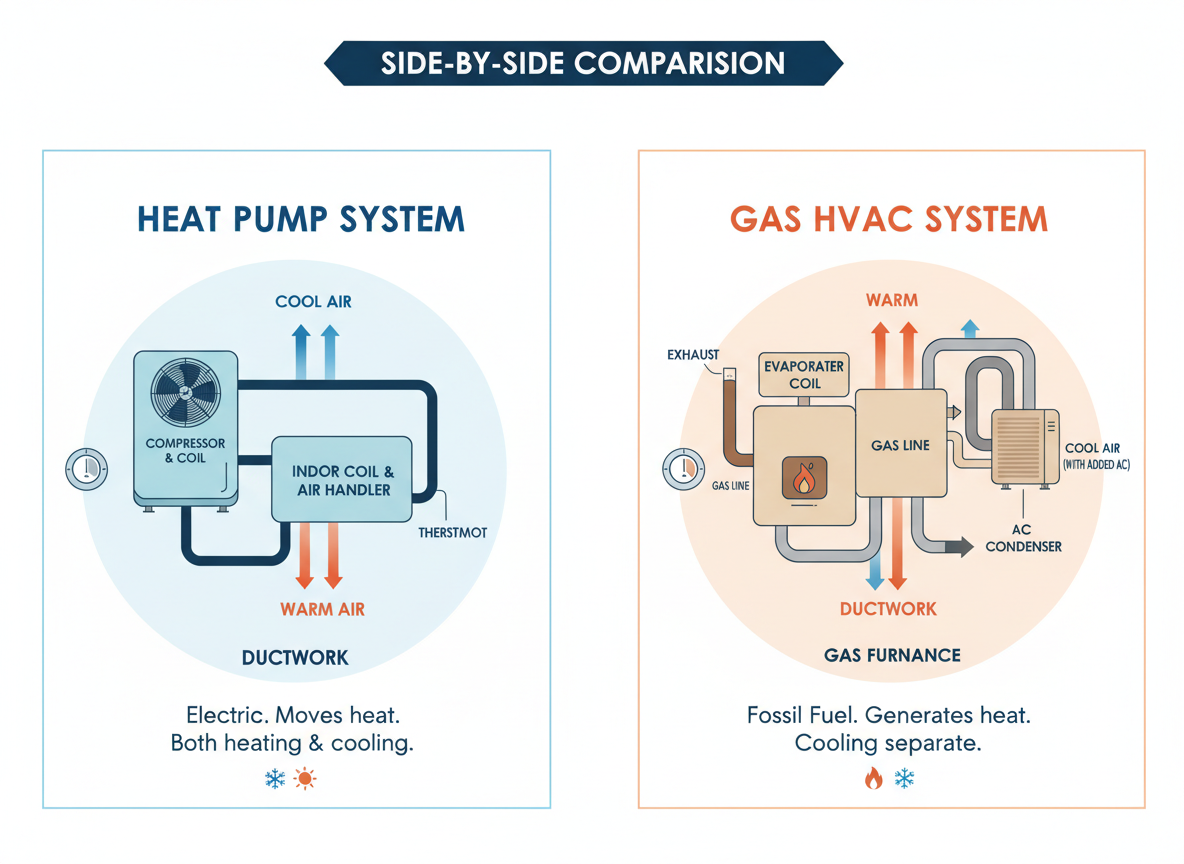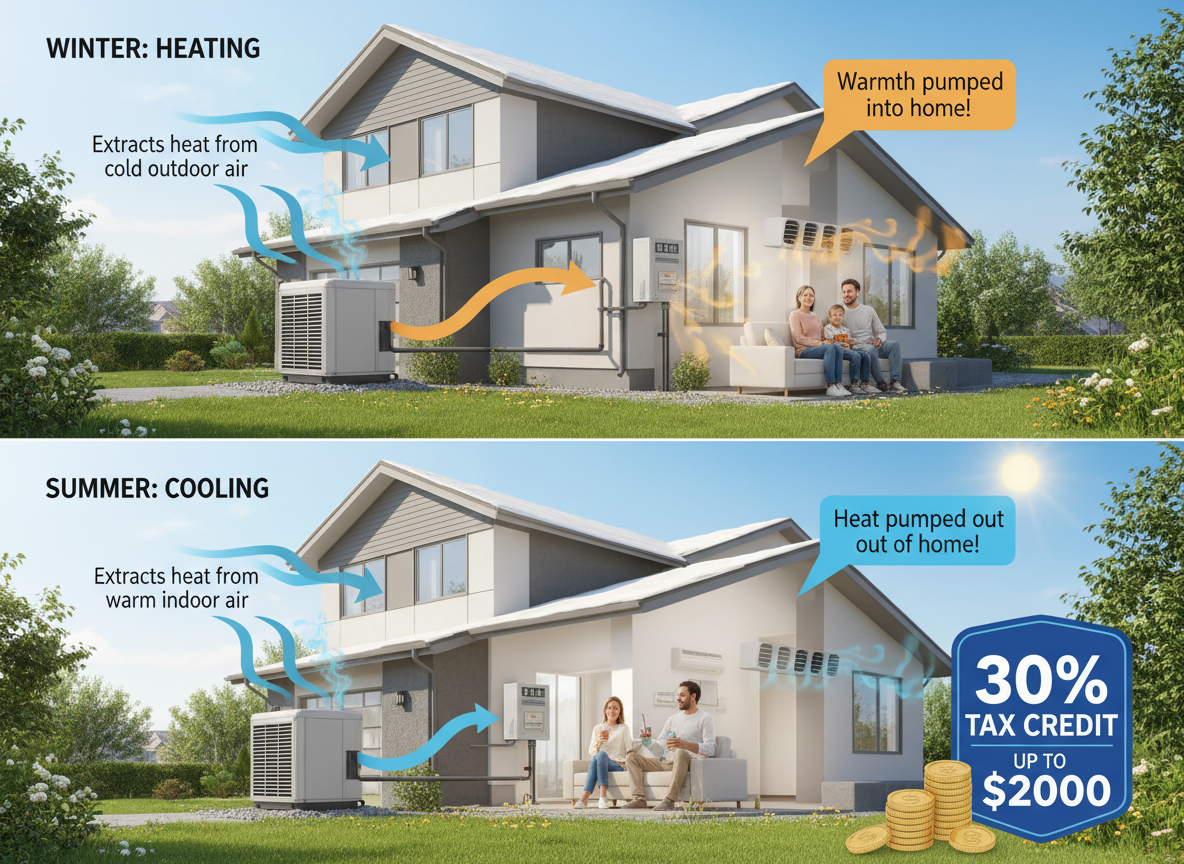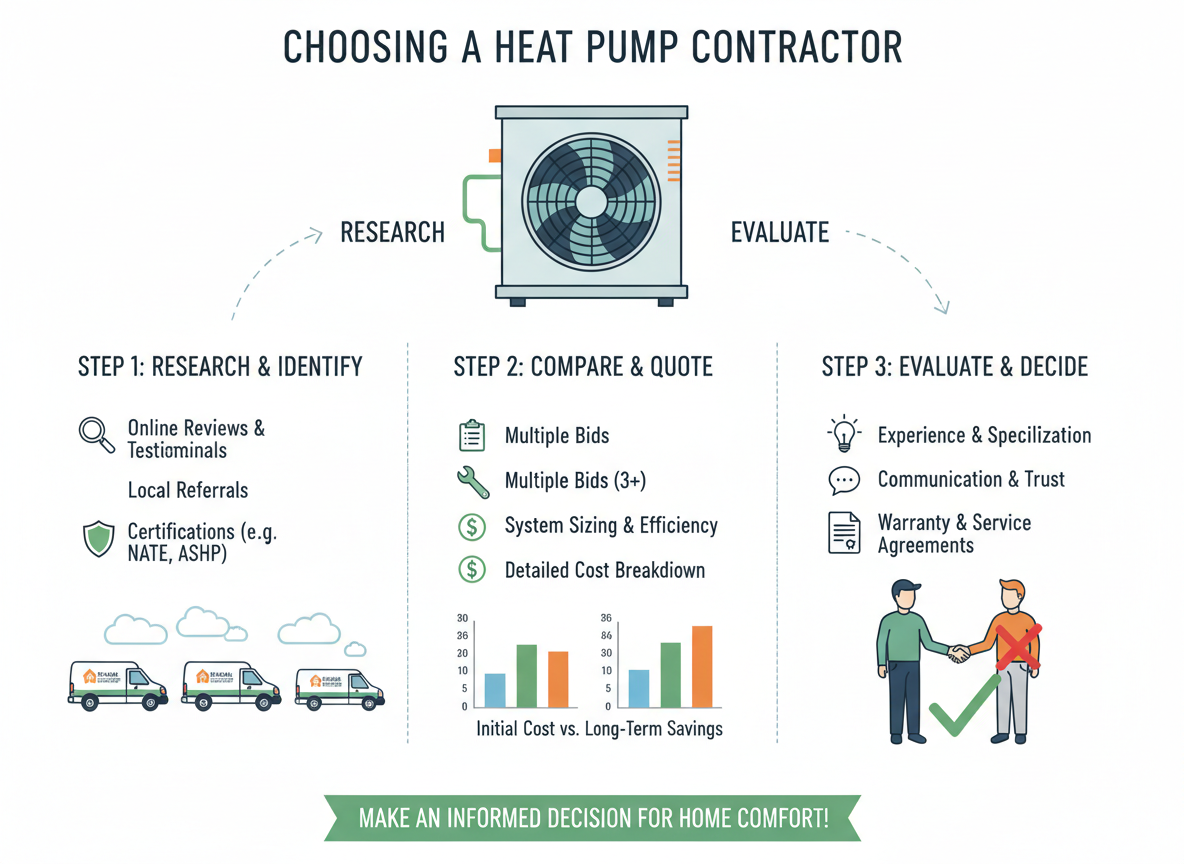
Higher temperatures are approaching soon and now is the time to make sure your air conditioner is ready. Unfortunately, now is the time that many homeowners may discover their AC is not working after a long hiatus. The issue can be especially frustrating if your AC was working before you shut it down for the cooler months.
Moreso common with older or rarely maintained ACs, they work differently than expected when they have not been turned on for a while. In this article we will discuss some possible reasons your AC stopped working over the winter.
Malfunctioning Thermostat
If your thermostat is not working properly your air conditioner will not either. Check the thermostat batteries and change them if needed. Also ensure, the thermostat is set to cool, and not still in heating mode and lower the temperature by a few degrees. Wait a few minutes for the AC to kick on.
Dirty Air Filter
A dirty air filter can block adequate airflow into the system and if air cannot pass through to the system, the AC will not work. If the filter is clogged there is also a chance that the evaporator coils can freeze over since the refrigerant cannot absorb heat from the air. Take a look at the air filter and replace it with a new one.
Blower Motor or Fan Failure
The indoor blower motor works year-round with the fan to provide both heating and cooling to your home. If you have an older HVAC system or one that has not been routinely maintained, then the capacitor and blower motor could fail after blowing warm air all winter. One telltale sign is unusual sounds such banging, rattling or screeching coming from the unit. If you hear this contact us for AC repair.
Capacitor Failure
There are two capacitors the AC relies on to work. The start capacitor provides adequate voltage for the motor to start running. The second capacitor is the run capacitor which provides smaller voltage for the motor to run as needed during the cooling cycle. Lack of HVAC maintenance can lead to unnecessary wear and tear on these capacitors and can stop working altogether.
Clogged Condensate Line
The air conditioner has a condensate drain line that carries moisture collected from the heat and humidity, out the system. Without regular cleaning, the condensate drain line can become clogged with gunk, mold and mildew. If it becomes clogged, it will eventually trigger an automatic shutoff feature in the AC in place to protect the AC from more disastrous issues. This will keep your AC from working until the condensate drain line and/or pan is cleared.
Refrigerant Leak
An AC refrigerant leak is a serious issue that affects the entire HVAC system. Low refrigerant levels can cause your coils to freeze, triggering an automatic shutoff to prevent further damage. It can also cause your AC to blow warm air. Age, defective components, wear and tear and lack of AC tune-ups can lead to refrigerant leaks and a complete AC shutdown. If you suspect a refrigerant leak, contact a professional, licensed HVAC company to repair the leak. Depending on the age or location of the leak, you may need AC replacement.
Tripped Breaker or Blown Fuse
Although extremely rare it is possible the air conditioning circuit could have tripped while the AC wasn’t running. Check the breaker box and if the AC circuit tripped, turn the breaker from off to on. If it keeps occurring, contact an electrician or HVAC company, it could be a sign of an electrical overload somewhere in the system or electrical fault somewhere in the wiring. Another possibility is a fuse blows when the system is turned on after being off for a while.
Emergency Power Cutoff Switch
Another possibility is the emergency shutoff switch may be flipped. The switch is found outside near the condenser. It could have easily been flipped by accident by someone bumping into it. Take a look at the switch and flip to on position if needed.
Weather Damage
Many condenser units are not covered in the off seasons of use. Rain and salty air can cause internal parts to rust and corrode prematurely. Wind can carry debris such as leaves, twigs and branches into the condenser which can clog the coils, jam the fan blades or other internal parts. If the coils are left clogged this can also cause the condenser to overheat. There are many sensors in the air conditioning system, and if these vital parts cannot function it will cause an automatic AC shutdown until the issue is resolved.
Our AC Repair Services
The easiest step you can take before summer is to schedule an AC tune up. During maintenance your system will be checked, and necessary ac repairs will be completed so your system is operating properly and ready for summer. If your AC has stopped working after being off all winter, give us a call or contact us online we are here to help get your AC ready for the higher temperatures.
Reasons Your AC Stopped Working Over Winter Related Posts:






















.png)














